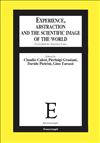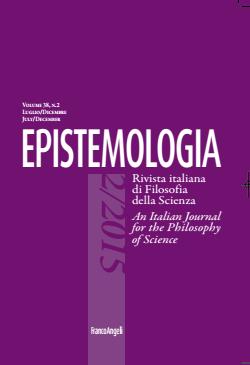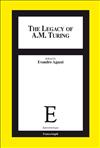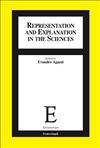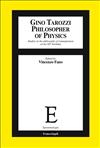
Studies in the philosophy of entanglement on his 60th birthday
Starting from the Thirties, Italy has been one of the leading countries in the development of physics. Gino Tarozzi has long been and still is one of the best Italian scholars in the field. The present volume collects several valuable contributions touching upon different philosophical problems, such as entanglement, realism, causality, quantum logic... In the occasion of Tarozzi’s 60th birthday many distinguished scholars, which collaborate with him, evaluate and discuss these topics.
cod. 490.107
